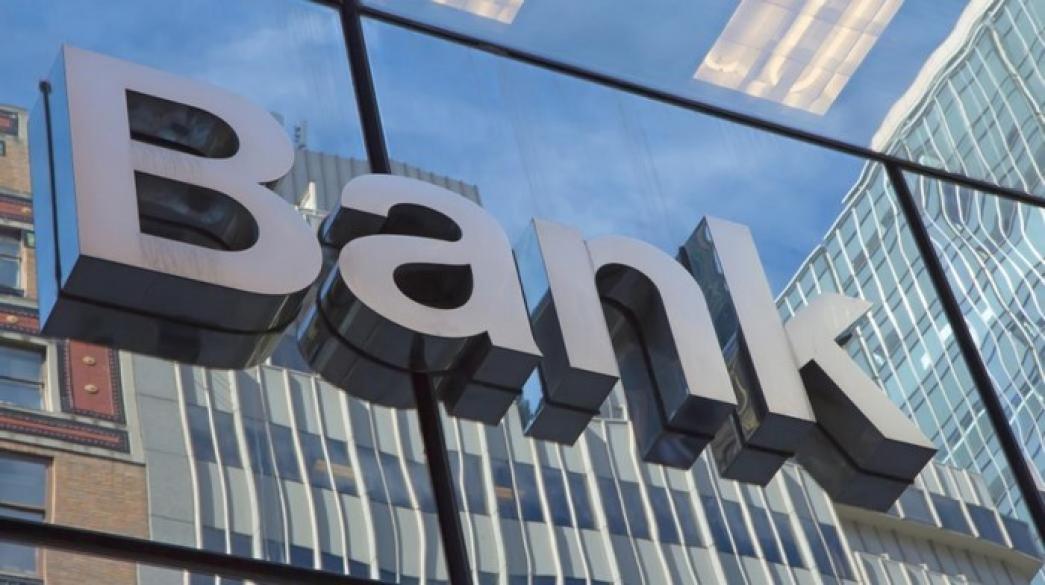The geopolitical crisis triggered by the Russian invasion of Ukraine, which is causing a dislocation in the global economy and especially in Europe due to soaring energy prices and high energy dependence on Russia, is not derailing the positive outlook of domestic banks.
Spearheaded by a strong credit expansion, as it is estimated that new net credit (new lending minus repayments of old loans) will reach EUR 35 billion over the 5-year period and with the Recovery Fund making a decisive contribution in this direction, with improved interest income from the gradual increase in interest rates but also significant scope for further cost reductions, bank managements are optimistic that they will achieve strong profitability growth, double-digit return on equity and resumption of dividend distribution over the next 5 years.
Of course, the banks' return to growth would not have been possible if they had not tackled NPLs in the previous two to three years. Already Eurobank and Ethniki are in single-digit NPEs and the others will soon follow.
The crisis is certainly limiting the dynamics of the domestic economy and, by extension, the banking system, creating risks and uncertainties even at the political level, with energy costs and the spectre of inflation being the main drivers of pressure, but it does not negate the growth prospects of banks.
The main reason is that this is an international crisis, not a domestic one, which limits but does not stop the upward momentum of the domestic economy: yesterday the Governor of the Bank of Greece, Yannis Stournaras, speaking at the bank's annual General Meeting of shareholders, estimated that the growth rate of the Greek economy in 2022 will be +3.8% and in the adverse scenario, if the Russian-Ukrainian crisis is prolonged for a long time yet, at +2.8%, a performance significantly higher than other European countries and slightly higher than eurozone growth estimates.
There are four key points that continue to fuel optimism about the course of domestic banks against the crisis:
- Credit Expansion - Recovery Fund. After a long period of credit contraction, banks have returned to a path of expansion that will "ramp up" from this year. Bank executives estimate that net credit expansion in 2022 will amount to about EUR 5.5 billion, while in the 5-year period 2022-2026 the total net new credit is estimated to exceed EUR 35 billion. These are healthy new loans that will significantly boost banks' revenues. The Recovery Fund funds, amounting to 30 billion, are a catalyst for accelerating investment and the implementation of large investment projects and will support credit expansion. It is noted that the increase in loans is a result of the upward trend in the economy. As noted, the international crisis is limiting but not halting growth momentum. Thus, after the impressive +8.3% in 2021, which brought the economy back to near pre-pandemic levels, growth in 2022 is estimated to be in the 3% to 4% range (versus pre-invasion estimates of 4.5% to 5.5%), while for 2023 to 2026 the average growth rate is estimated to be close to 3%. Tourism is expected to provide a significant boost to the economy as all indications suggest that tourism traffic and revenues will remain at very high levels this year.
- Operating costs. Despite the large reduction in both branch network and staff that banks have made over the past decade (staff has declined by -43% and branch network by -53%), there is still significant scope for reducing costs, due to the radical transformation of the banks' operating model caused by digitalization. Speaking at the Delphi Forum yesterday, Alpha Bank CEO Vassilis Psaltis highlighted the structural change that is taking place in the way banks offer services to their customers, adding that the way the banking platform will change, the way it operates will be lightened. "The structural change in culture," he said, "will come when it starts to incorporate the revolutionary technological changes that are taking place. It is obvious that banks are not going to stop investing in alternative and digital so that we can remotely offer services to customers. This is a one-way street." Banks will further reduce their branch network and staff, which will lead to cost reductions while changing the way they operate. It is noted that Piraeus Bank in its business plan presented last Wednesday aims to reduce operating costs by -22% by the end of 2025.
- Interest rate increase. The gradual increase in interest rates by the ECB, likely to start at the end of the year, will end the negative interest rate policy and will gradually lead to a significant increase in banks' interest income.
- Real Estate. There are large benefits for banks from the strong upward trend in real estate. The rise in real estate prices leads to an increase in the value of liens, higher recoveries from sales through auctions, and even the "release" of provisions previously made when real estate prices were lower. At the same time, the increase in property prices is a strong incentive for borrowers who were facing problems in repaying their loan to enter into and adhere to the arrangement.
All this gives optimism to bank executives that they will manage, despite the challenges posed by the new crisis, to achieve the profitability and efficiency targets they have set, with the ultimate aim of being able to distribute dividends to their shareholders again. Eurobank aspires to proceed with the distribution of dividends from the current financial year, as does the National Bank. Alpha Bank's plan aims to distribute a dividend for the 2023 financial year and Piraeus Bank for 2024.
YIANNIS PAPADOGIANNIS









